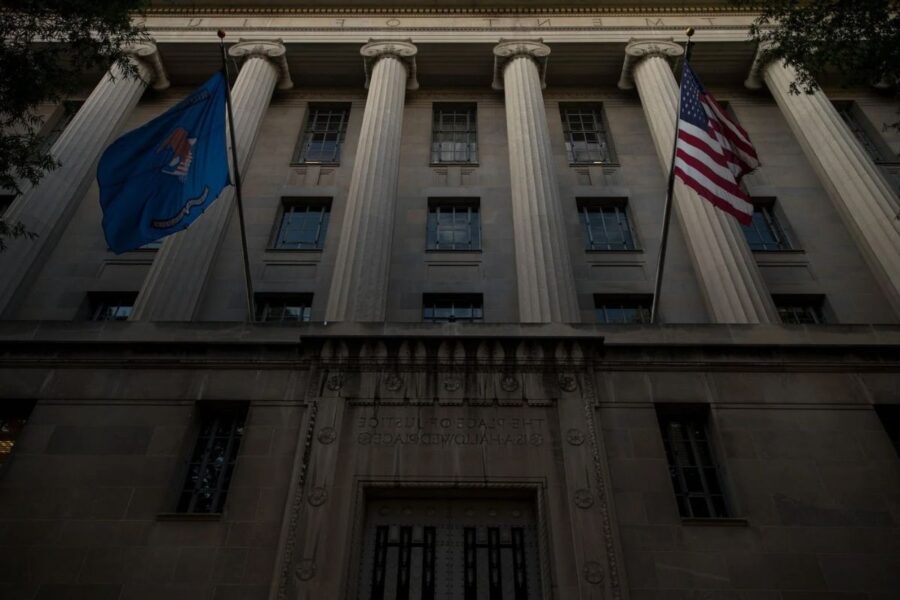Alabama Senate Bill to Eliminate Archives: The Alabama Senate’s recent advancement of a bill targeting the dissolution of the Archives and History Board has sparked widespread debate and concern. This move comes amidst growing tensions surrounding the Board of Trustees at the Alabama Department of Archives and History, with critics citing issues related to transparency and accountability.
Moreover, the proposed changes have triggered backlash from various segments of the public and legislators alike, with a particular point of contention revolving around a recent lecture on LGBTQ history. As details of the bill emerge, the future of Alabama’s historical preservation efforts hangs in the balance, leaving many to ponder the implications of such a significant legislative shift.
Bill to Change Board of Trustees at Alabama Department of Archives and History
Proposing a significant overhaul of the current structure, Alabama Senator Chris Elliott, a Republican, has introduced a bill aimed at altering the composition and appointment process of the board of trustees at the Alabama Department of Archives and History. The proposed changes seek to address concerns regarding the existing self-perpetuating nature of the board, which has raised questions about transparency and accountability. Senator Elliott’s bill calls for a restructuring of the board to ensure a more diverse and representative membership, with a focus on enhancing public trust in the decision-making processes of the Alabama Department of Archives and History.
Under the proposed legislation, the appointment process for board members would undergo a transformation to promote inclusivity and prevent conflicts of interest. By reevaluating the composition of the board and implementing new guidelines for appointments, Senator Elliott aims to strengthen the integrity of the Alabama Department of Archives and History and ensure that it operates in the best interests of the public. This initiative reflects a commitment to good governance and the responsible stewardship of Alabama’s rich historical heritage.
Opposition from Public and Legislators
The bill introducing reforms to the board of trustees at the Alabama Department of Archives and History faces significant resistance from both the public and legislators, with concerns centered around the agency’s long-standing operational success and historical stability.
During a public hearing on the bill, numerous speakers voiced opposition, questioning the necessity of changes to an agency that has operated successfully for over a century. Democrats, in particular, expressed reservations about altering a well-established system and emphasized the importance of maintaining the agency’s historical stability.
The widespread opposition from the public and legislators underscores the contentious nature of the proposed reforms. Critics argue that disrupting the current structure of the agency could have far-reaching consequences and potentially jeopardize its ability to effectively preserve and showcase Alabama’s rich history.
As the debate continues, it is evident that the proposed changes are facing significant pushback from those who value the agency’s longstanding traditions and operational effectiveness.
Friction Over LGBTQ History Lecture
Friction between Republican lawmakers and the Alabama Department of Archives and History escalated following opposition to the agency’s hosting of a lecture on LGBTQ history, culminating in Senator Elliott’s 2021 bill aimed at reducing the agency’s funding. This friction highlighted a deeper divide within the state legislature regarding the agency’s role in preserving and presenting historical narratives that some find contentious.
Key Points of Friction:
- Political Ideologies: The clash underscores the clash between conservative values held by some lawmakers and the Archives and History’s commitment to providing comprehensive historical education.
- Cultural Sensitivities: The debate raises questions about the extent to which historical institutions should engage with topics that may be perceived as controversial or sensitive within the community.
- Funding Consequences: Senator Elliott’s bill signifies a tangible repercussion for the agency’s decision to delve into LGBTQ history, indicating potential financial ramifications for future programming decisions.

ALSO READ: SPLC Memo Cautions Democrats 2nd Congressional Win Not Assured”
Details of the Proposed Changes
Senator Elliott’s bill seeks to restructure the Alabama Department of Archives and History’s governance framework by proposing significant changes to the composition and appointment process of the board of trustees. Under the proposed changes, the current 15-member board of trustees would be replaced with a 13-member board. The governor, lieutenant governor, speaker of the House, and president pro tem of the Senate would each appoint three members, who would serve at the appointing official’s will. Importantly, the governor would also become a voting member of the board. These alterations aim to centralize the board’s power within the hands of key state officials, potentially affecting the independence and diversity of perspectives within the decision-making process.
| Proposed Changes to Board of Trustees | |
|---|---|
| Key Feature | Details |
| Number of Members | 13 |
| Appointment Process | By Governor, Lieutenant Governor, Speaker of the House, and President Pro Tem of the Senate |
| Term Length | Serve at the will of the appointing official |
| Governor’s Role | Becomes a voting member of the board |
| Impact | Centralizes power among key state officials |
Alternative Proposal Rejected
Following the rejection of an alternative bill proposed by the agency, concerns have been voiced by Democrats regarding potential political influence on historical presentations. The proposal aimed to include the speaker of the House and the president pro tem of the Senate as voting members on the current board, a move that was met with skepticism and ultimately dismissed in committee discussions. This development has sparked debates about the independence and integrity of historical preservation efforts in Alabama.
Key Points:
- Democratic Worries: Democrats are worried about the implications of introducing political figures as voting members on the board responsible for historical archives and presentations.
- Independence of the Board: The rejection of the alternative bill raises questions about the autonomy and non-partisanship of the Archives and History Board in Alabama.
- Transparency Concerns: There are growing concerns about the transparency of decision-making processes within the agency and how political influences could shape the narrative of Alabama’s history.
Conclusion Of Alabama Senate Bill to Eliminate Archives
The Alabama Senate is making progress on a bill aimed at dissolving the Archives and History Board, sparking opposition from the public and legislators.
The proposed changes have led to friction, particularly regarding a lecture on LGBTQ history. Despite an alternative proposal being rejected, the details of the bill and its potential implications remain a point of contention for those involved.
The future of the Alabama Department of Archives and History hangs in the balance.
Our Reader’s Queries
What are 4 important events in Alabama history?
– 1763: British acquisition following French relinquishment.
– 1813: United States assumes control post-War of 1812.
– 1817: U.S. Congress establishes the Alabama Territory.
– 1861: Alabama secedes from the United States, aligning with the Confederacy.
Who is the director of the Alabama Department of Archives and History?
Steve Murray – Director – Alabama Department of Archives & History
What is Alabama known for historically?
“Ranking among the prominent slaveholding states, Alabama was an early participant in secession, being one of the first six states to withdraw from the Union. The formal declaration of secession took place in January 1861, with Alabama officially joining the Confederate States of America in February of the same year.”
Who was the founder of Alabama?
The architects paving the way for Alabama Territory’s transition to statehood encompass luminaries such as Judge Harry Toulmin, Henry Hitchcock, and Reuben Saffold II.

